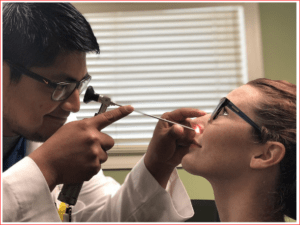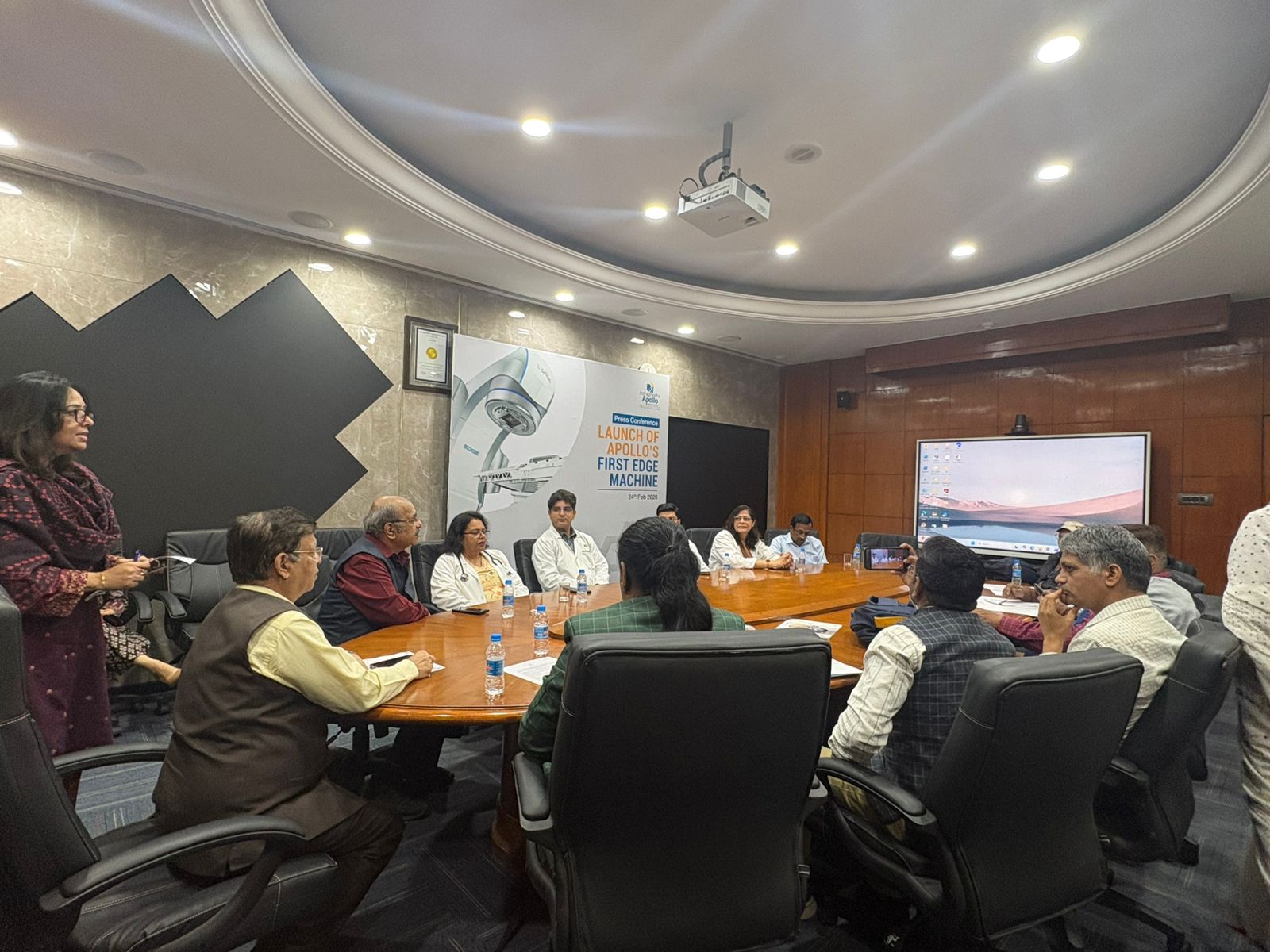You may be considering surgery to treat your sinus infection, but you’re not sure if balloon sinuplasty is the right option for you. Sinus infections are a common problem and can be difficult to treat. If you’ve tried antibiotics and other treatments without success, surgery may be the best option for you.
In this blog post, we will discuss how balloon sinuplasty surgery works and the benefits that patients can expect from the procedure. We will also talk about how an ENT doctor can help with a sinus infection.
How an ENT Doctor Can Help With a Sinus Infection?
If you are suffering from a sinus infection, an ENT doctor can help. He or she can diagnose the problem and recommend the best treatment for you. In many cases, balloon sinuplasty surgery is the best option for treating a chronic sinus infection.
What is Balloon Sinuplasty Surgery?
The balloon sinuplasty surgery is a minimally invasive procedure that is used to treat chronic sinus infections. The surgery is performed by a sinus specialist or an ENT doctor and takes only minutes to complete. Many patients find that it has fewer side effects than traditional surgery, it can quickly clear your sinuses and improve your breathing.
How Does Balloon Sinuplasty Work?
During the surgery, a small balloon is inserted into your nose. The balloon is then inflated, which opens up your sinuses and allows the infection to drain. The balloon is then deflated and removed from your nose.
This surgery is a safe and effective way to treat chronic sinus infections. In most cases, the balloon sinuplasty procedure can be completed in just minutes and patients can return home the same day.
Considerations Before Undergoing Balloon Sinuplasty Surgery
Before you undergo balloon sinuplasty surgery, there are a few things you should consider. Make sure you discuss all of your options with your ENT doctor and ask any questions you have about the surgery. You should also be aware of the risks and benefits of the surgery before making a decision.
What are the Benefits of Balloon Sinuplasty Surgery?
There are many benefits to balloon sinuplasty surgery. Some of the most common benefits include:
- Quick relief from sinus pain and pressure
- Fewer side effects than traditional surgery
- Can be completed in just minutes
- Reduced risk of any infection
- No general anesthesia is required
What are the Risks of Balloon Sinuplasty Surgery?
Like any surgery, balloon sinuplasty does carry some risks. Some of the risks associated with this surgery include:
- Bleeding
- Nasal congestion
- Nosebleeds
- Sinus drainage
- Damage to the septum or other nasal structures
- Pain in the nose or face
- Mild headache
These are just a few of the potential risks associated with balloon sinuplasty surgery. It is important to discuss all of the risks and benefits of the surgery with your ENT doctor before you decide if balloon sinuplasty is right for you.
What Is Recovery Like After Balloon Sinuplasty?
You may experience some swelling and bruise around your nose after the surgery, but this will usually subside within a week or two. But most patients are able to return to work and their normal activities within a few days of surgery. It is important to follow your doctor’s instructions carefully during your recovery. If possible, try to avoid strenuous activity and contact sports for at least two weeks after the surgery.
If you are experiencing any problems or issues after balloon sinuplasty surgery, please contact your ENT doctor. He or she can help you resolve any problems you are experiencing and ensure a smooth and speedy recovery.











